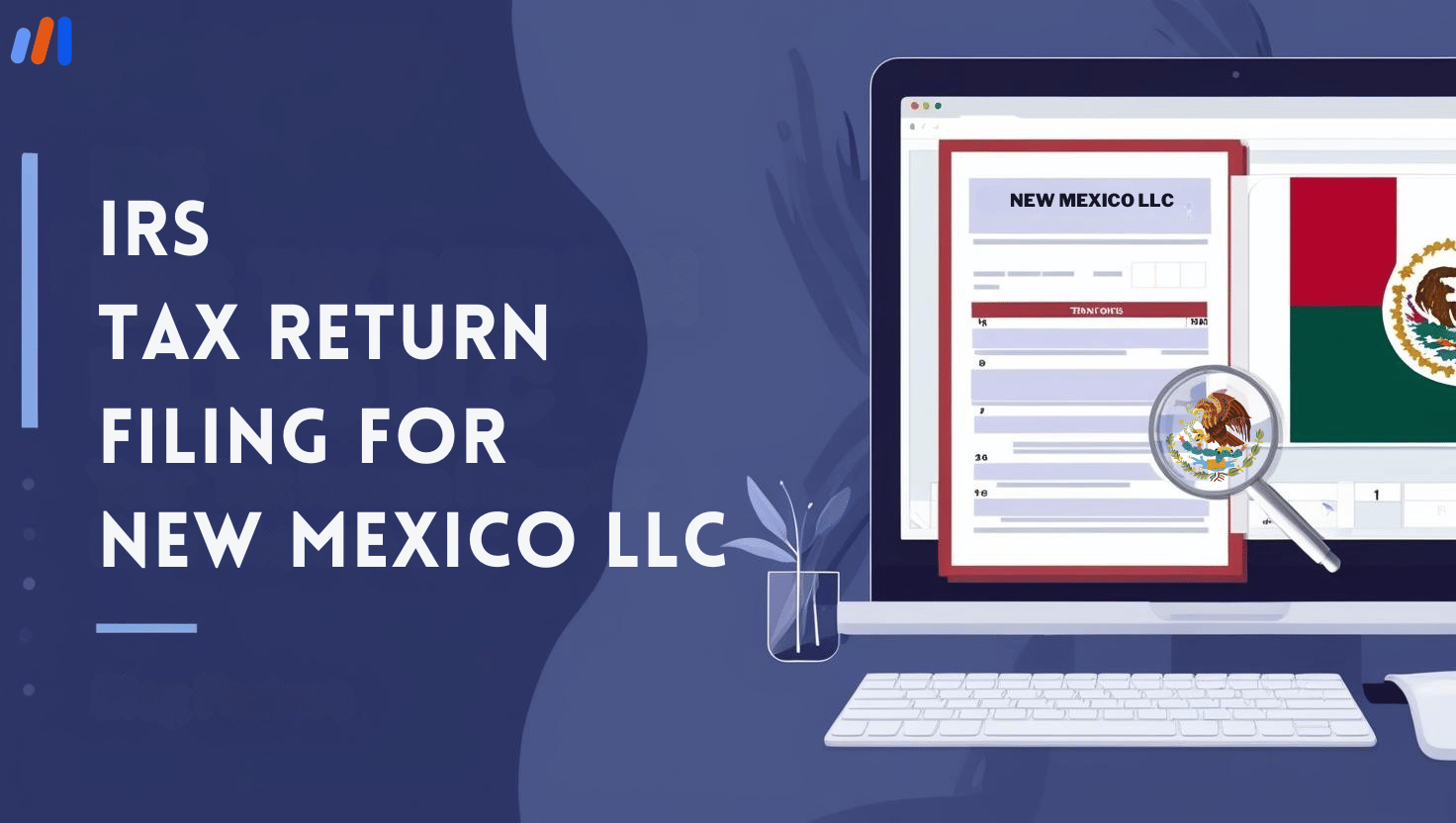Most likely, if you are an entrepreneur with multiple business ideas, you have thought of whether you can manage more than one business under the same LLC (Limited Liability Company). The good news is that it is possible.
It is not specified whether there is a limit to the number of operational businesses within a single LLC. It means that theoretically, one could operate a limitless number of companies under a single LLC through different DBAs (Doing Business As) or the creation of separate divisions within the entity.
However, before running multiple businesses under the same LLC, there are key considerations you need to consider.
Key Points to Consider
State Regulations: Ensure your DBAs and structure meet your state’s requirements for these aspects.
Administrative Burden: Managing various businesses in one LLC becomes very complicated and requires the maintenance of appropriate records and careful management.
Liability Concerns: Remember that all firms belonging to the same limited liability company give way to joint liability. If one business experiences legal problems then other firms will also be affected by such actions.
Why Use One LLC for Multiple Businesses?
Using just one Limited Liability Company (LLC) to operate numerous firms has several benefits:
Cost Savings: Start-up costs for setting up an LLC include filing fees, annual reports, and attorney fees among others. This therefore means that having all your businesses under a single umbrella saves you such overhead costs which may be significant for small business owners or those who intend to start their ventures but at low budgets.
Simplified Management: This simplifies administrative tasks for instance bookkeeping tax paying and compliance with state regulations because instead of managing several companies; he/she assembles only one entity. Consequently, this saves time thereby allowing concentration on expansion activities rather than being held back by paperwork.
Unified Branding: It is important to note that operating various enterprises using one common limited liability company can establish a unified brand identity. This has particular advantages when selling related or complementary products as it strengthens the overall market presence and brand recognition.
How to Structure Multiple Businesses Under One LLC
There are several ways you can structure multiple businesses under one LLC:
DBA (Doing Business As) Names
A simpler option is to register different DBAs for each business owned by the same LLC. For example, if your company name is “Smith Enterprises LLC” you could operate “Smith’s Coffee Shop” or “Smith’s Cleaning Services” as DBAs. These permits allow individuals or companies to do business under more than one name without creating a separate legal entity through which their operations may be managed.
Series LLC
The series limited liability company makes it possible for one Limited Liability Company (LLC) to have separate groupings referred to as series or cells having independent assets and liabilities. This model is useful for offering protection against liability since whatever happens in one series does not affect the others.
However, note that not all states allow this kind of arrangement thus; you will need to consult with your state law. For instance, if an investor wants his or her real estate property and other lines of business that carry different levels of liability risk separated from this investment, he/she may think about forming a series limited liability company.
Parent-Subsidiary Structure
Your main LLC acts as a parent corporation owning separate subsidiary corporations that run distinct businesses in this type of structuring arrangement. Although this allows greater asset protection there are higher costs involved for its administration. Each subsidiary functions independently allowing specialized management and operational focus regarding its activities while it might well suit large organizations or those contemplating significant expansion into new markets in the future.
Potential Cons
On the whole, however, there are also downsides you need to consider:
Complexity in Accounting: This is a complex issue when it comes to handling finances for many businesses that are under one LLC since it involves maintaining accurate records. Proper Management of finances is paramount as it guarantees precise reporting and helps avoid any tax problems. There might be a need for qualified accountants.
Liability Risks: If you fail to properly separate your operations and finances for each business, there is the chance that one business’s liabilities could be placed on another. This can occur when a creditor or a legal claim penetrates the corporate veil, making the entire LLC liable for one of its subsidiary’s debts. Liability separation is crucial.
Regulatory Compliance: Different types of businesses may have different regulatory requirements. Managing compliance for several lines of business within an LLC thus involves staying current with various industry-by-industry laws.
With these factors in mind, you can structure your Limited Liability Company appropriately and effectively manage multiple businesses while maximizing the benefits and minimizing the risks.
Conclusion
Running multiple businesses under one LLC is possible and it can be an economical way to run your ventures as well as offering efficiencies. It helps you reduce management overheads and cut administrative costs. Each option, DBAs (Doing Business As), Series LLC, or parent-subsidiary structure has its pros and cons.
DBAs make branding easier; Series LLC allows managing different business lines differently; parent-subsidiary offers better protection in terms of lawsuits. Ensure that you take advice from financial experts (Easyfiling) to ensure the best approach depending on your situation by weighing all potential challenges while complying with relevant legislation.
Frequently Asked Questions (FAQs)
How many companies can you have under one LLC?
There are no restrictions on how many businesses an individual can run under one limited liability company in law. An LLC (Limited Liability Company) can legally operate any number of businesses without limit.
How do I set up multiple companies within one LLC?
One way is to create “DBAs” (Doing Business As) for each business. This enables each firm to operate under a distinct trade name, yet remain part of the main umbrella corporation which is an LLC. Each DBA will have its own identity, marketing strategies as well as clientele base.’
What are the tax implications of having several companies under one LLC?
Whenever an LLC earns income; it is treated as if all the businesses operated by that company did so. Therefore, you need to keep separate records of revenues and expenses for each business to file taxes accurately. Consult with a tax professional to understand the specific implications of your situation.
In the future, can I expand my existing LLC by adding more businesses?
Definitely! Should you decide to add other businesses to your pre-existing LLC, you will have to create additional DBAs or fictitious names for them. All these names must be duly registered with the respective state authorities.
Should I consult a financial or legal advisor before including many entities within an LLC?
Yes, it is always better to consult financial and legal advisors. This enables them to give personalized advice and helps them know which structure suits them best depending on their line of business.
What are some alternatives to running multiple businesses under one LLC?
- Separate Limited Liability Companies: Each business operates in its own limited liability company, providing better protection against liability.
- Series Limited Liability Company: A type of special LLC that allows different series or divisions to have their assets and liabilities separately managed.
- Holding Company: Establish a parent LLC that owns various subsidiary LLCs with each representing individual firms.
How would I register a DBA for my LLC?
Registering a DBA with the state or county where you do business is needed. This usually entails completing a form and paying an amount of money. Observe your district’s office of business registration about specifics.
File Your LLC Today
25$ off with a coupon
Lock in EasyFiling's transparent rates and get lifetime compliance support at no extra cost.
Get Started Now







